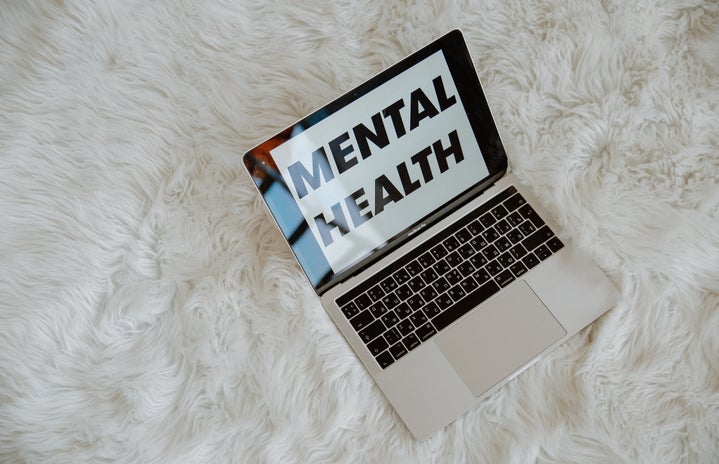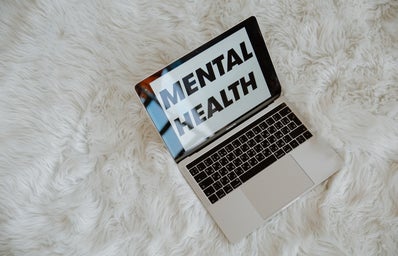If I just ignored it, it didn’t exist.
That’s the way I approached my mental illness for far too long. I was diagnosed with Attention Deficit Hyperactivity Disorder, or ADHD, in high school, but only recently came to fully understand and learn how to live with it.
Aside from the fact that ADHD is staggeringly misdiagnosed in women due to the way symptoms can present themselves, I wanted to reject the fact that mental health issues were something that I would fall victim to.

As a child, I was always the quiet one who teachers described as “a pleasure to have in class.” I saved my energy for the hours of dance class immediately following school. I relentlessly picked at my fingernails to occupy my fidgety hands. While most might assume that ADHD symptoms are something you “grow out of,” I found it consistently worsening as I got older; I became more impulsive, easy to distract, and in constant need of mental stimulation.
During my first semester of college, I didn’t pass a class for the first time. Economics wasn’t a subject I was interested in anyways, and it became an ordeal to get out of bed and open my laptop just to get a 53% on a quiz. Discouragement and self-criticism flooded my mind. I felt like I had lost control and instead succumbed to my mental illness. I had finally come to terms with the fact that my mental health was struggling and I wasn’t doing okay.
I am by no means completely in control of my mental health, but I’m getting there. It’s been trial-and-error after trial-and-error. There are days where I can complete everything on my to-do list and there are days where I can’t get out of bed.
While I’m still learning about my mental illness every day, I’ve come far since I was first diagnosed. Navigating mental health is not a linear process; it does not define you, and it certainly can’t stop you from achieving your potential.



